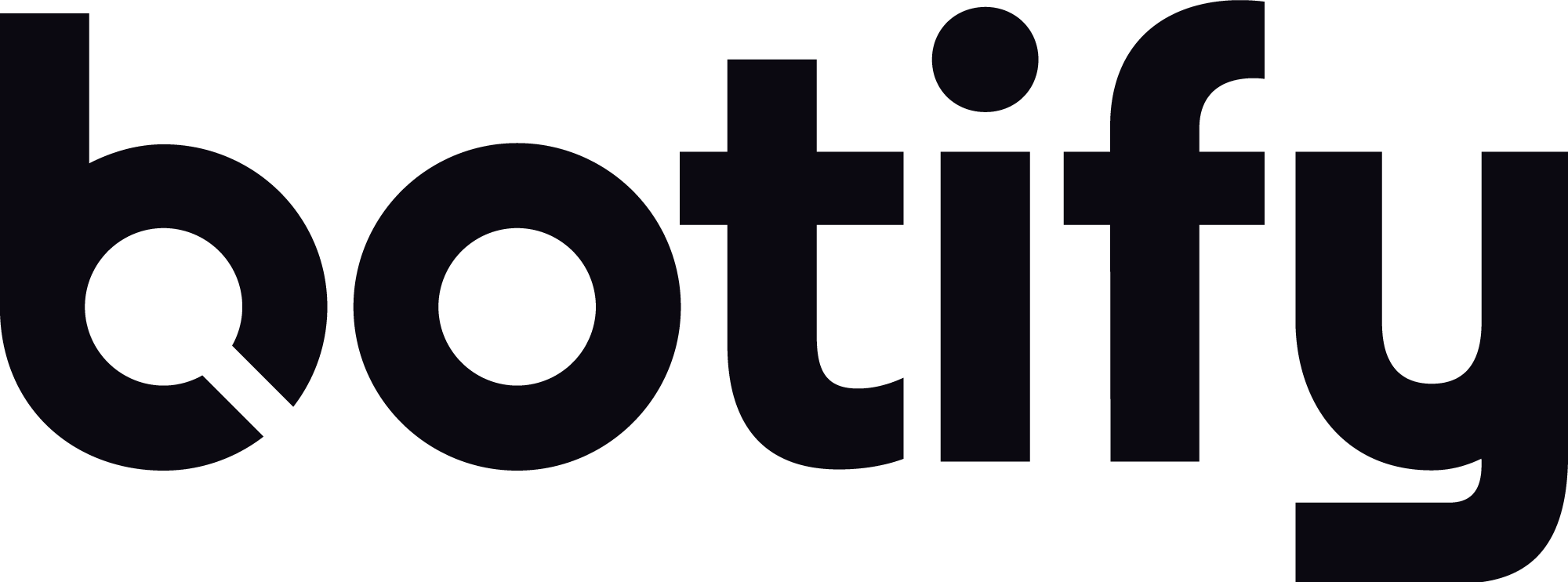According to research from Forrester Consulting, just 14% of large organizations can be described as SEO-mature.
The remaining 86% don’t have an enterprise-wide focus on SEO, struggle to make the connection between SEO work and business outcomes, and dedicate very little budget and resources to their SEO program.
SEO thinking, as it turns out, is hard to come by.
To learn more, I spoke with Astrid Kramer, a digital strategy consultant with plenty of experience working with large organizations, to get her advice.
What is “SEO thinking”?
“SEO thinking” might sound like a nebulous concept at first, so I asked Astrid to break it down for me.
What it boils down to, she said, is communication.
“SEO means that we optimize communication between the company and the customer, between the website and the user, between the website and the user agent, and between the server and the user agent.”
When done well, SEO thinking means that we have a focus on sending the clearest signals possible.
Astrid says that means asking questions such as: “Do I meet the user intent? Do my status codes communicate correctly? Do links point to the right pages? Do I use the language of my target group? Do I show the user the best way through my website?”


There’s another side to the coin too. Astrid told me that, in addition to SEO itself being a process of communication, SEO needs to be communicated clearly throughout the company.
“In large companies, everyone needs to communicate. Does brand management make it clear what the brand stands for? Do project managers make it clear which tasks need to be prioritized? Does PR make it clear where on the website this specific information can be found? All this plays into SEO.”
Clear communication with search engines and throughout our organizations is a simple concept, but “extremely complex at the same time,” said Astrid.
“We need to stop mystifying SEO and do away with things like technical tricks, clever tweaks for outwitting search engines, and specifications for keyword density and text length.”
In other words, SEO thinking means streamlining communication between ourselves and our non-SEO coworkers, as well as streamlining communication between our websites, search engines, and customers.
And, according to Astrid, “We must all pull together to do so.”
What does SEO thinking actually look like in most organizations?
After I spoke with Astrid about the “blue sky scenario” for SEO thinking, I wanted to get her opinion on what it actually looks like in practice at most large organizations.
“SEO is a complex, interdisciplinary field that has ramifications on just about everything — even print ads and TV commercials — but it’s often not viewed that way,” she said.
💡 Relevant Resource: The Cascading Benefits of SEO: How SEO Impacts the ROI of Every Marketing Effort
“There’s this mentality that SEO is just something you can add on top of existing processes, and mostly from the outside, meaning companies think they can just keep doing their thing and then hire an external consultant to fix it all up for SEO. In reality, it can’t be a separate process.”
What are the biggest SEO challenges for large organizations?
Even when a large organization wants to do SEO right — maybe they’ve hired a reputable agency or brought on dedicated in-house SEO resources — they can still struggle to do SEO well.
According to Astrid, that’s because of three primary challenges.
1. Competing motivations
“In large companies,” Astrid told me, “there are countless stakeholders who usually have one thing in common: an ego. Their goal is to be in the best possible position to achieve optimum results for themselves or their department.”
Wanting to perform well isn’t a bad thing, of course. However, it can become a problem when the stakeholders who affect SEO don’t share a common goal.
The SEO professional is then put in an impossible position to unify all stakeholders to a common goal, which is “too much to ask” of that person, says Astrid.
2. Operating across multiple time zones & languages
Another organizational challenge facing large companies is “multilingualism, different time zones, different cultures, and different know-how,” said Astrid.
The larger the company, the more likely it is that it spans multiple time zones, countries, languages, and audiences. Finding consensus and common ground when there are so many different, spread-out groups can be difficult.
“You often find that people use different terms for things even if they speak the same language due to regional differences!”
3. Large amounts of data to manage & monitor
The third and possibly the biggest challenge facing large organizations when it comes to SEO is the sheer amount of data and coordinating the resulting projects.
“Large organizations are dealing with much larger amounts of data that need to be controlled and monitored — things like hundreds of TLDs that have to be checked regularly and multiple different CMSs and/or frameworks,” she explained.
The volume of data and the size of the organization can also mean things get lost in the shuffle, she said.
💡 Relevant Resource: Identify SEO Issues Before It’s Too Late with AlertPanel
“A quick alarm like ‘the site isn’t reachable’ or ‘robots.txt is blocking search engine bots’ can get lost and take a long time until the rescue measure is finally taken.”
Good project management and coordination chains are critical to prevent this, but Astrid told me that oftentimes “in-house SEOs or external consultants can place unrealistic expectations on the organization, dumping hundreds of tasks into a system that has too few resources and receives too little guidance in terms of prioritization, implementation, and dependencies.”
What happens when there’s no organization-wide priority on SEO?
In Astrid’s experience, many large organizations don’t place a companywide emphasis on SEO because they believe nothing will go wrong.
“Because Google recognizes brands, brands assume they’ll get found no matter what. It’s much, much harder to instill SEO best practices at big brands like this because they think everything is already fine. What they don’t understand is that they could look so much better if the websites were optimized! But the potential is rarely recognized.”
When this is the mentality, big brands don’t place a high priority on SEO. And when there’s not a high priority on SEO, some pretty mind-boggling decisions can be made.
“Some websites are simply ‘switched off’ (404 instead of 301 to relevant pages), relevant content is deleted, TLDs are dissolved (often disappointing and alienating the local target group)… it’s unbelievable how many international companies are almost invisible online.”
“And my personal nightmare,” Astrid added, “is when big brands decide to relaunch, which mostly happens because ‘we need a new design!’ But they don’t change the design: they change the design and the CMS, all URLs, the content and so on. And all this with a lead time of… two months. If it goes well.”
💡 Relevant Resource: The Website Migration Checklist: How To Safeguard Your SEO While Updating Your Site
“It’s sad but true: there are almost only worst practices out there in the Big Brand World.”
Go forth and optimize your communication
But there is hope, Astrid says.
“The smarter search engines get, the less SEO is seen as a secret science, but as what it is: optimized communication. Our job is to implement this thinking into the company’s DNA.”
Whether you work for an SEO-mature organization or for one that needs improvement in this area, focus on improving those lines of communication.
“And when we improve communication – within the organization and externally in advertising, search and PR – everyone benefits in the end.”





